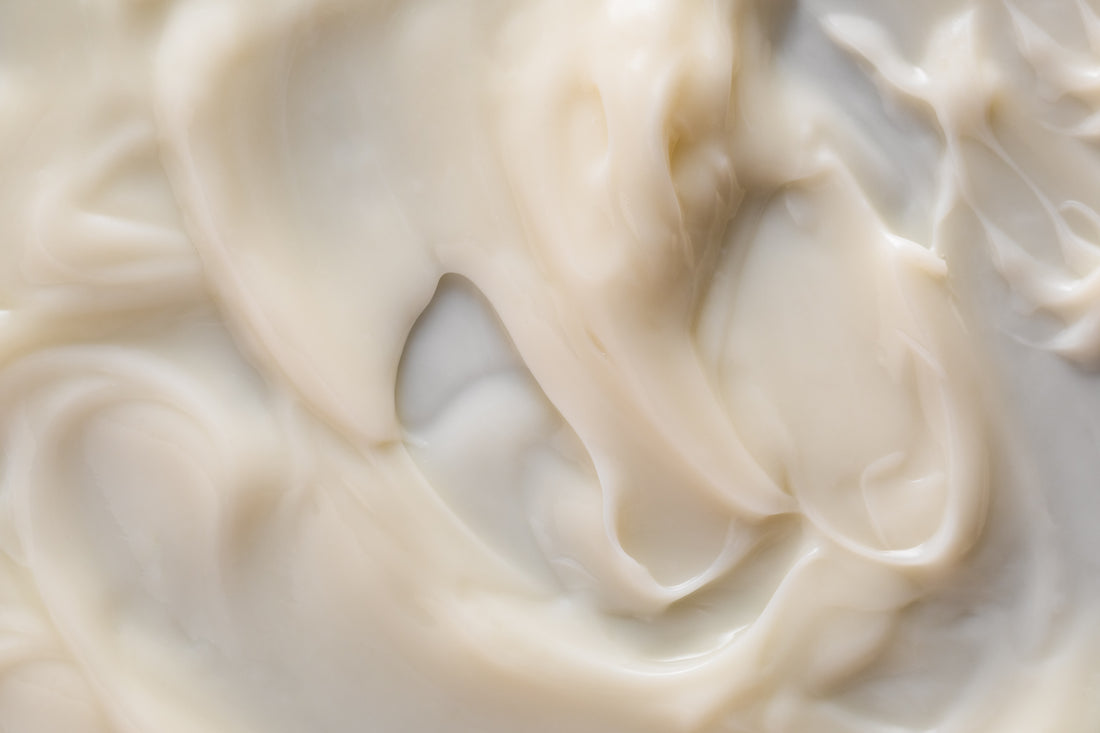Pregnancy is a time of immense joy and anticipation, accompanied by a heightened awareness of what goes into your body. This mindfulness extends to skincare, where certain ingredients, otherwise harmless, might pose potential risks during this delicate period. Understanding which skincare ingredients to avoid is essential for the well-being of both the expecting mother and the growing baby. Let's explore some common ingredients that are best set aside during pregnancy.
Retinoids (Retinol, Retin-A):
Retinoids, known for their potent anti-aging properties, are best avoided during pregnancy. High doses of vitamin A, often found in retinoid formulations, can potentially harm the developing fetus. While the risk is associated with oral intake rather than topical application, it's advisable to err on the side of caution and choose pregnancy-safe alternatives.
Salicylic Acid:
Salicylic acid, a popular ingredient in acne-fighting products, falls under the category of beta hydroxy acids (BHAs). While the risk of topical salicylic acid causing harm is considered low, it's recommended to limit its use during pregnancy. Opt for gentler alternatives like glycolic acid or lactic acid, but consult with your healthcare provider for personalized advice.
Benzoyl Peroxide:
Benzoyl peroxide is another common acne-fighting ingredient that, while topical, is generally best avoided during pregnancy. There is limited research on its safety during this period, and opting for alternative acne treatments is a prudent choice.
Hydroquinone:
Hydroquinone, a skin-lightening agent, is often used to treat hyperpigmentation. However, its safety during pregnancy is uncertain. To address pigmentation concerns during this period, consider safer alternatives like vitamin C or glycolic acid and, as always, consult with your healthcare provider.
Formaldehyde and Formaldehyde-Releasing Preservatives:
Formaldehyde and preservatives that release formaldehyde, such as quaternium-15 and DMDM hydantoin, are common in some skincare products. These substances are best avoided during pregnancy due to their potential links to developmental issues. Look for products with alternative preservatives.
Essential Oils:
While many essential oils are safe for use, some can be potent and may cause skin irritation or have unknown effects during pregnancy. It's recommended to be cautious and avoid oils like clary sage, rosemary, and sage during this time. Opt for pregnancy-safe essential oils like lavender or chamomile in diluted forms.
Phthalates:
Phthalates are often found in fragrances and may disrupt the endocrine system. While the direct impact of topical phthalate exposure during pregnancy is not fully understood, it's a good practice to choose fragrance-free products or those scented with natural essential oils.
Highly Concentrated Vitamin A (Retinyl Palmitate):
Similar to retinoids, highly concentrated forms of vitamin A, such as retinyl palmitate, should be used with caution during pregnancy. While the risk from topical application is low, choosing products with lower concentrations or alternative ingredients is advisable.
Conclusion:
Navigating skincare during pregnancy involves making thoughtful choices for the health and well-being of both the expectant mother and the baby. While avoiding certain ingredients, it's equally important to consult with your healthcare provider for personalized advice based on your individual circumstances. Embrace a pregnancy-safe skincare routine that prioritizes simplicity, nourishment, and the radiant well-being of your changing skin.



